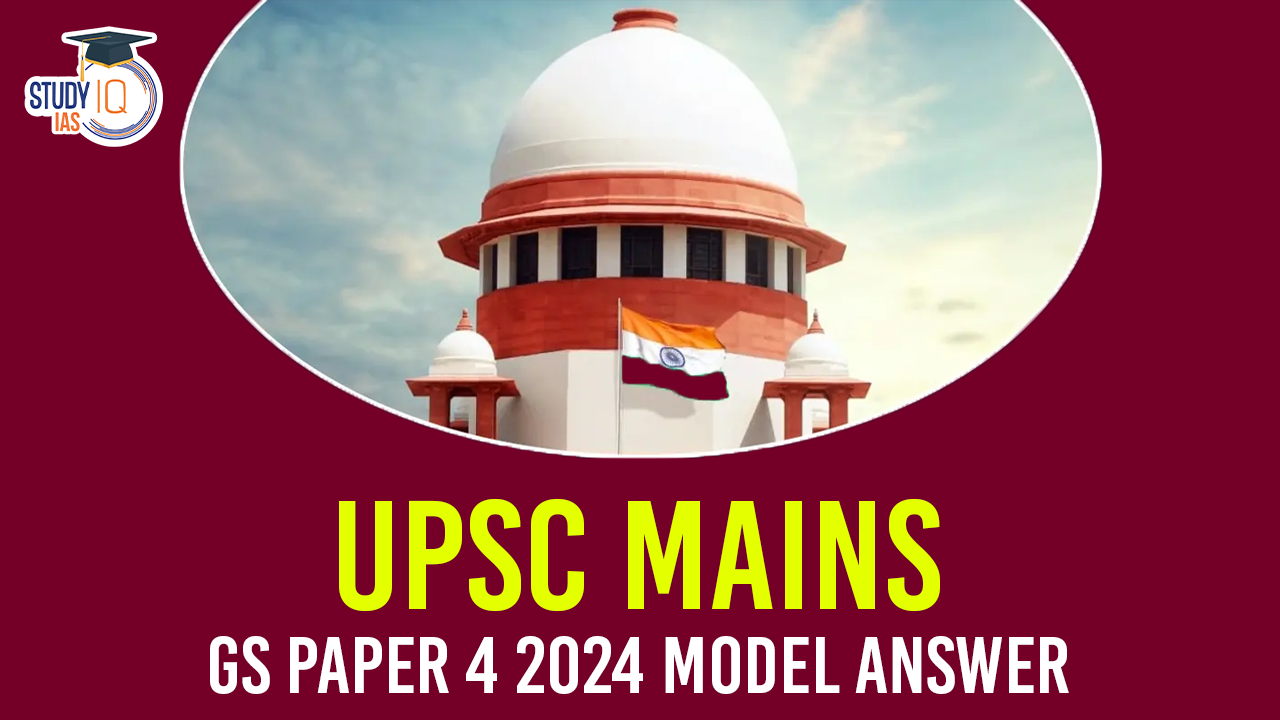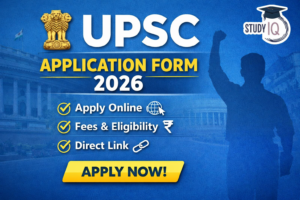Table of Contents
Q10. Sneha is a Senior Manager working for a big reputed hospital chain in a mid-sized city. She has been made in charge of the new super specialty centre that the hospital is building with state-of-the-art equipment and world-class medical facilities. The building has been reconstructed, and she is starting the process of procurement for various equipment and machines. As the head of the committee responsible for procurement, she has invited bids from all the interested reputed vendors dealing in medical equipment. She notices that her brother, who is a well-known supplier in this domain, has also sent his expression of interest. Since the hospital is privately owned, it is not mandatory for her to select only the lower bidder. Also, she is aware that her brother’s company has been facing some financial difficulties and a big supply order will help him recover. At the same time, allocating the contract to her brother might bring charges of favoritism against her and tarnish her image. The hospital management trusts her fully and would support any decision of hers.
- What should be Sneha’s course of action?
- How would she justify what she chooses to do?
- In this case, how is medical ethics compromised with vested personal interest? (Answer in 250 words)
Introduction
The World Health Organization states, “Health systems should be built on strong ethical foundations.” Ethical dilemmas often arise at the intersection of personal relationships and professional responsibilities. In this scenario, Sneha, a Senior Manager at a well-regarded hospital chain, faces a conflict of interest involving her brother, who is a supplier of medical equipment.
|
Stakeholders:
|
a) Sneha’s course of action:
- Recusal from decision-making: Sneha should withdraw from evaluating her brother’s bid to prevent any appearance of favoritism.
- Disclosure to Hospital management: Sneha should inform the hospital management about her brother’s bid and the potential conflict of interest, ensuring a transparent process.
- Independent evaluation committee: She could propose forming an independent committee, made up of members from various departments, to assess all bids, including her brother’s.
b) Justification:
The best course of action for Sneha to recuse herself from the decision-making process.
-
- Maintaining ethical standards: Recusing herself ensures that the procurement process is based on integrity and fairness.
- Protecting institutional reputation: Maintaining professional integrity helps prevent allegations of favoritism, thus enhancing the hospital’s reputation and public trust.
- Ensuring quality of patient care: Prioritizing the best equipment directly benefits patient care.
- Establishing ethical precedents: This decision sets a standard for ethical conduct in future procurement processes, emphasizing accountability.
- Promoting Transparency: Disclosing the conflict of interest fosters a culture of transparency within the hospital.
c) Medical ethics compromised with vested personal interest:
- Perception of favouritism: Personal relationships can obscure judgement and raise suspicions of bias in decision-making.
- Erosion of professional integrity: Allowing personal interests to dictate professional decisions undermines the ethical standards expected in healthcare settings.
- Conflict of interest: scenario of being a family member and a procurement decision-maker inherently creates conflicts of interest.
- Undermining Trust: Ethical breaches can erode trust within the organization and with the public.
Conclusion:
As noted by Transparency International, ‘Corruption in healthcare leads to a deterioration in the quality of care.’ Therefore, Upholding the ethical principles is vital for fostering a healthcare environment where patient welfare is paramount, thereby reinforcing the trust that society places in healthcare institutions.


 UPSC Application Form 2026 Released on 4...
UPSC Application Form 2026 Released on 4...
 Static vs Current Affairs for UPSC Preli...
Static vs Current Affairs for UPSC Preli...
 Importance of PYQs for UPSC Prelims: Sma...
Importance of PYQs for UPSC Prelims: Sma...

























